Tamil Nadu Chief Minister MK Stalin emphasized the need for fair delimitation of parliamentary and assembly constituencies, calling it a historic day for federalism. He is set to meet with leaders from several states to discuss the issue.
The Delimitation Issue
Tamil Nadu Chief Minister MK Stalin has been at the forefront of a national movement calling for fair delimitation of parliamentary and assembly constituencies. This issue has gained significant attention as it is set to impact the representation of states in the Lok Sabha, particularly those in southern India. Stalin’s efforts culminated in a Joint Action Committee meeting, where he invited leaders from multiple states to unite against what he termed an “unfair exercise” that could severely affect state rights.
Stalin emphasized that fair delimitation is not just about the number of Members of Parliament (MPs) but also about safeguarding the rights of states. He pointed out that if delimitation is based solely on population, states like Tamil Nadu, which have successfully controlled population growth, could lose a substantial number of Lok Sabha seats. This concern is shared by other southern states, which collectively hold 129 seats but could see this number reduced to 103 if the process proceeds as planned.
The upcoming delimitation exercise, scheduled for 2026, has sparked widespread concern among political leaders. The process was last conducted in 1971 and has been frozen since then. However, with the next census, delimitation will be undertaken, potentially leading to a significant redistribution of parliamentary seats based on current population figures. This could result in populous states like Uttar Pradesh, Bihar, Madhya Pradesh, and Rajasthan gaining more seats at the expense of southern states.
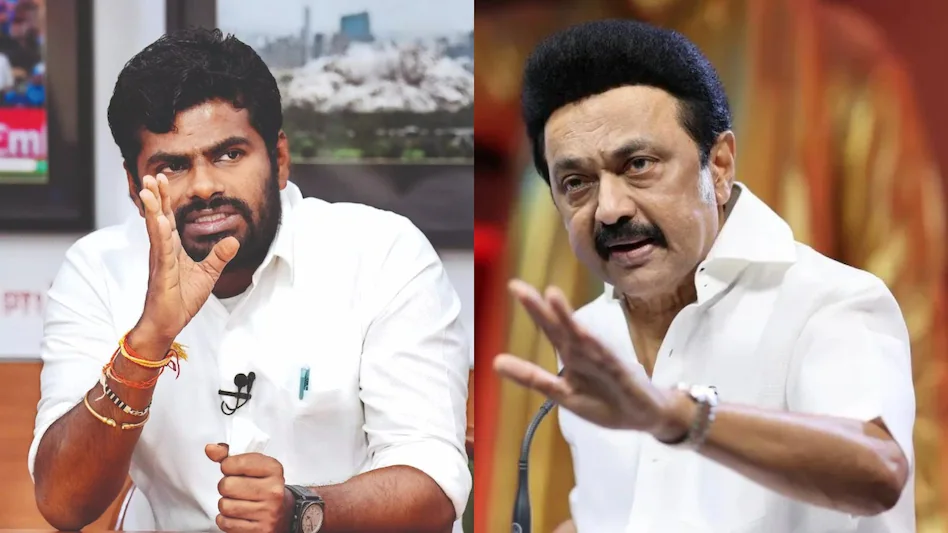
The Political Landscape and Opposition
The Tamil Nadu government, led by Stalin, has been in conflict with the Central government over several issues, including the proposed three-language formula in the National Education Policy (NEP) 2020 and the delimitation process. Stalin’s call for fair delimitation has garnered support from various political parties across the country, with the exception of the BJP. He has reached out to the Chief Ministers of seven states—Kerala, Karnataka, Andhra Pradesh, Telangana, Odisha, West Bengal, and Punjab—to join forces against the delimitation exercise.
In Tamil Nadu, an all-party meeting was held on March 5, where 58 registered political parties set aside their differences to unite for fair delimitation. This unity reflects Tamil Nadu’s commitment to democracy and justice. Stalin’s efforts have transformed what began as a state-specific initiative into a national movement, with states across India joining hands to demand fair representation.
Senior Congress leader P Chidambaram also expressed concerns about the delimitation process, warning that southern states could lose a significant number of Lok Sabha seats. This reduction would not only diminish their influence in national policymaking but also undermine their ability to advocate for regional interests.
The Joint Action Committee Meeting
The Joint Action Committee meeting, scheduled for March 22 in Chennai, is expected to be a pivotal moment in shaping the opposition’s response to the delimitation exercise. Stalin has welcomed leaders from various states to join the meeting, emphasizing the need for collective action against what he describes as a “blatant assault on federalism.”
The meeting aims to galvanize support from multiple political parties and state governments to resist the delimitation process if it is perceived as unfair. By uniting against this issue, Stalin hopes to ensure that the rights of states are protected and that the delimitation exercise is conducted in a manner that respects the principles of federalism.
As the country moves closer to the delimitation exercise, the political landscape is likely to see increased tensions between state governments and the Central government. The outcome of this process will have far-reaching implications for the representation of states in the Lok Sabha and the balance of power in Indian politics.
Question to Readers: How do you think the delimitation process should be approached to ensure fair representation for all states, and what implications do you see for federalism in India?

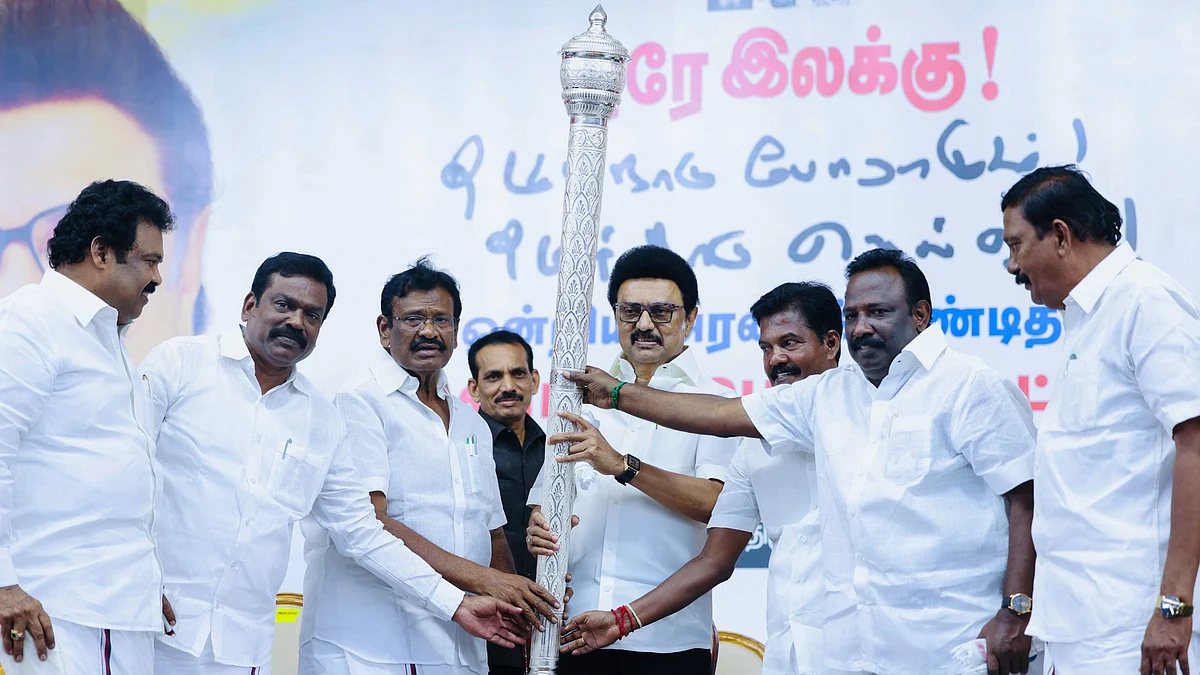

 By
By






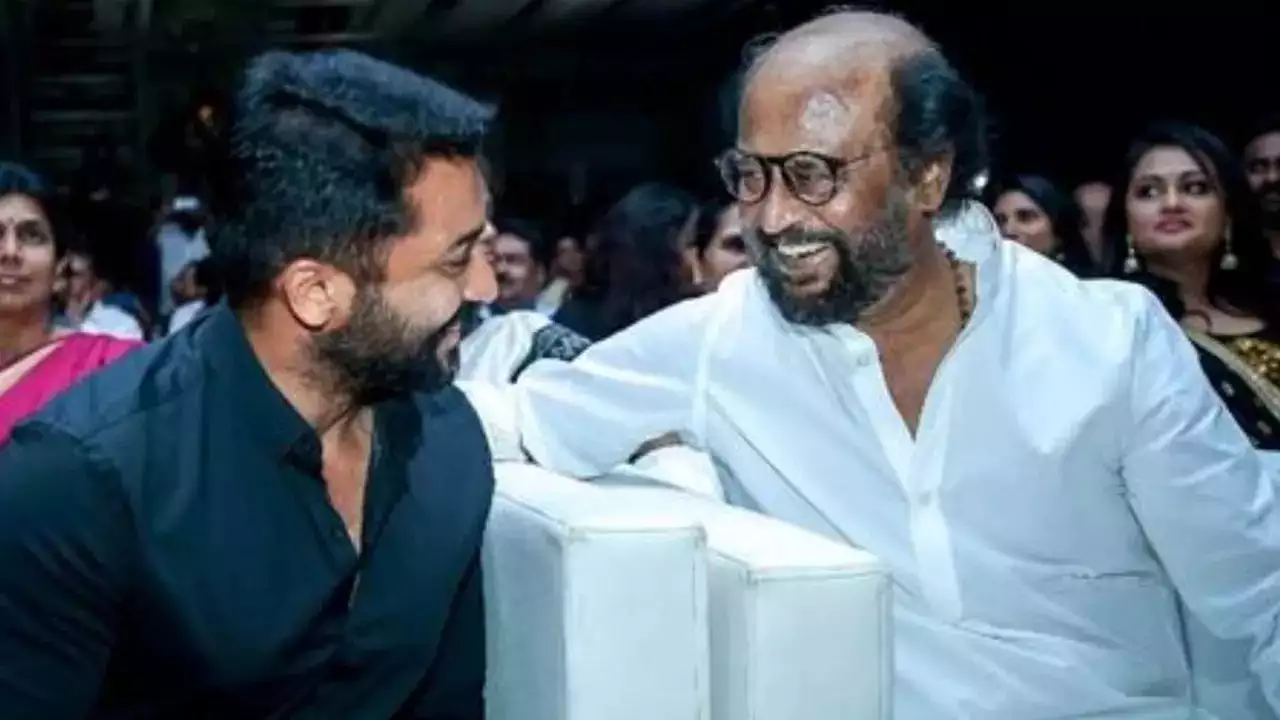
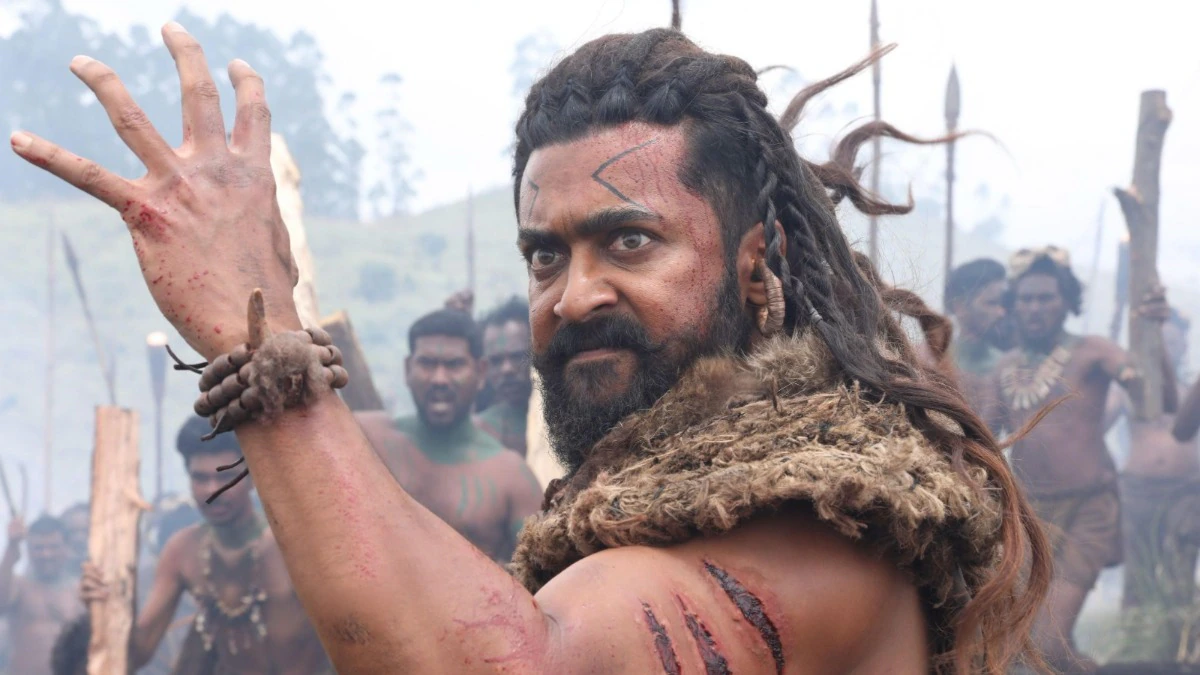
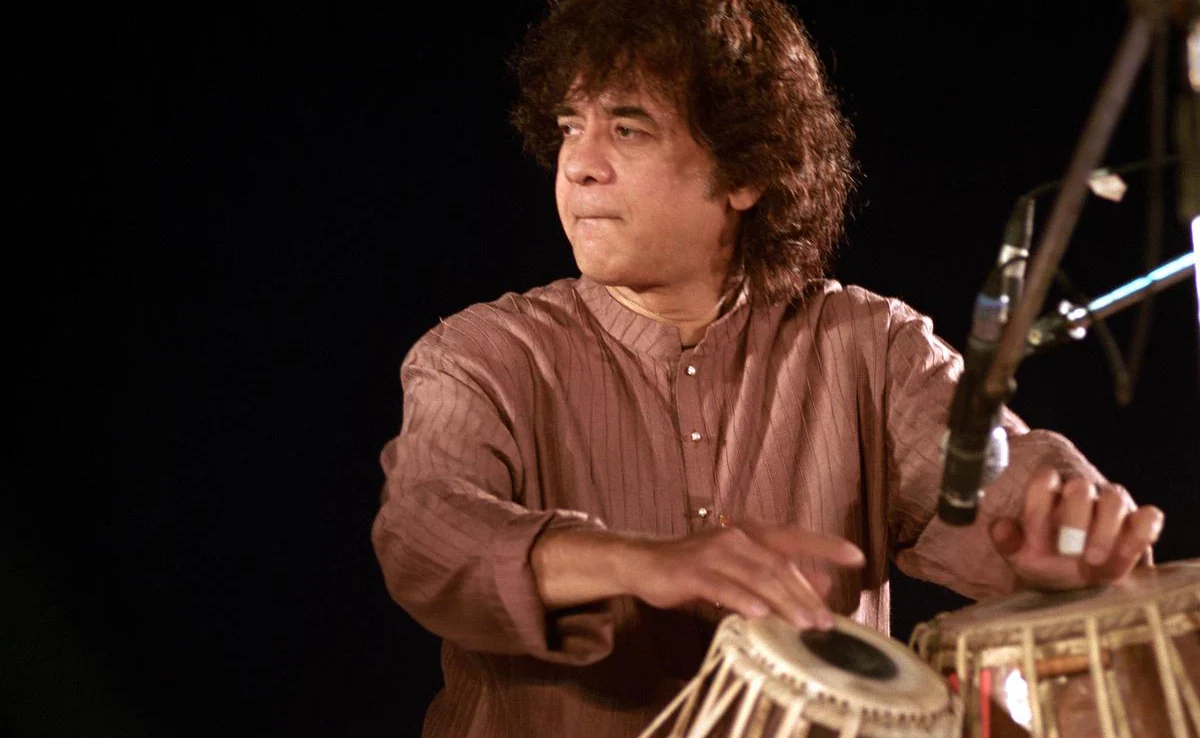

 By
By




